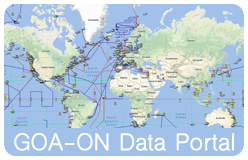Southern Ocean - Ocean Acidification Hub (SO-OA Hub)
Joint SOOS Capability Working Group and GOA-ON Regional Hub
The Southern Ocean ranks amongst the most vulnerable of all oceanographic regions to acidification. While significant effort in the collection of data and observations has been made at a national level across the globe, a comprehensive and integrated circumpolar understanding of the changes occurring, and responses of organisms to these changes, is lacking. The Ocean Acidification Regional Hub for the Southern Ocean (SO-OA Hub) would provide a platform for the coordination of transdisciplinary research activities, tapping into the diverse expertise across the Southern Ocean OA research community. In this way we can support research on OA, its drivers, and biological responses, from local to regional scales. The hub will also be a conduit to communicate research outcomes and provide a mechanism to identify and prioritise emerging observational and research needs.
The SO-OA Hub is a joint SOOS Capability Working Group (CWG) and Global Ocean Acidification Observing Network (GOA-ON) regional hub.
The scientific focus of the hub will be on supporting observation-based research activities related to ocean acidification primarily on carbonate system change including acidity (pH) and OA’s impacts on marine ecosystems in the Southern Ocean, thereby directly addressing one of the key science challenges in the Southern Ocean, Assess the extent and impact of ocean acidification across the Southern Ocean.
The working group is open for involvement to anyone interested in the topic of Ocean Acidification within the Southern Ocean. Click the button below to receive updates and further relevant information about the SOOS/GOA-ON Ocean Acidification Regional Hub for the Southern Ocean.
How to Join
Objectives
- Promoting resource and knowledge sharing
- Strengthen the circumpolar OA network and assist greater collaboration amongst its members
- Inform on field activities, effect studies, and potential for collaboration
- Contribute to and augment SO OA data and knowledge
- Share and consolidate findings on ongoing change in carbonate chemistry due to climate change
- Facilitate data sharing to fill gaps in temporal, spatial and organismal information
- Provide links and best practice protocols (templates etc) for data repository and reporting
- Improve current practices and collaborations
- Train members in data collection and management
- Establish standardised protocols for improved cross-comparison
Links
Leadership
- Julie Schram
University of Alaska
USA
Co-Chair - Katherina Petrou
University of Technology Sydney
Australia
Co-Chair - Keyhong Park
Korean Polar Research Institute (KOPRI)
South Korea
SSC Member


